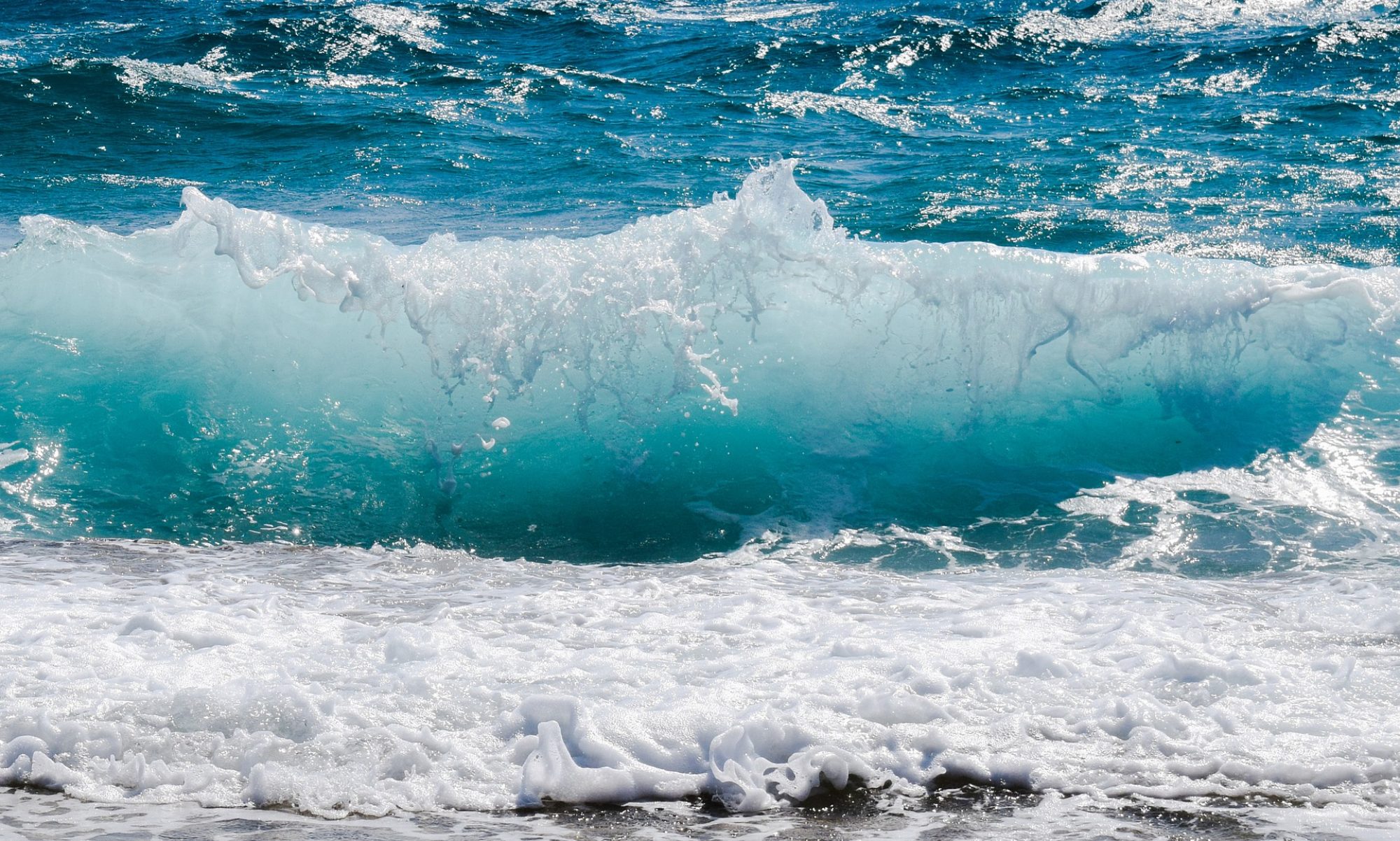MicroClean es un proyecto realizado por alumnos de 6to año de la Escuela Secundaria. Este mismo, trata la problemática de los microplásticos en cuerpos de agua.
Como muchos sabrán, los microplásticos contaminan tanto los ecosistemas acuáticos como terrestres. Esto es un problema que sucede en todas partes del mundo. Estos, pueden contaminar el agua sin ser detectados, incluso durante meses. Es por esto que la detección de este tipo de materiales es clave.
A continuación compartimos el estado del arte en el cual figura el recorte del problema y lo que se sabe de ello al día de hoy.
La elección de concentrarnos en los microplásticos es porque estos contaminantes, al ser de tamaño diminuto, son particularmente difíciles de eliminar por medios convencionales y suelen pasar desapercibidos, acumulándose progresivamente en el ambiente. No solo afectan la vida acuática, sino que pueden ingresar en la cadena alimentaria, con posibles efectos a largo plazo para la salud humana.
Nos propusimos, entonces, crear un dispositivo que fuera capaz de mitigar esta problemática de forma efectiva y sostenible.
MicroClean es un prototipo diseñado específicamente para capturar y eliminar microplásticos en cuerpos de agua. Este prototipo está hecho de bioplásticos, los cuales son materiales plásticos que se producen a partir de fuentes renovables, como plantas, aceites vegetales, almidones o microorganismos, en lugar de derivados del petróleo. Son biodegradables.
En este caso pensamos en utilizarlo en el Lago Viedma. Su enfoque no solo permite la recolección de partículas plásticas de manera eficiente, sino que además lo hace sin dañar a los organismos acuáticos ni alterar el equilibrio natural del lago. La creación de MicroClean responde a la necesidad de limpieza de los microplásticos de los cuerpos de agua.
